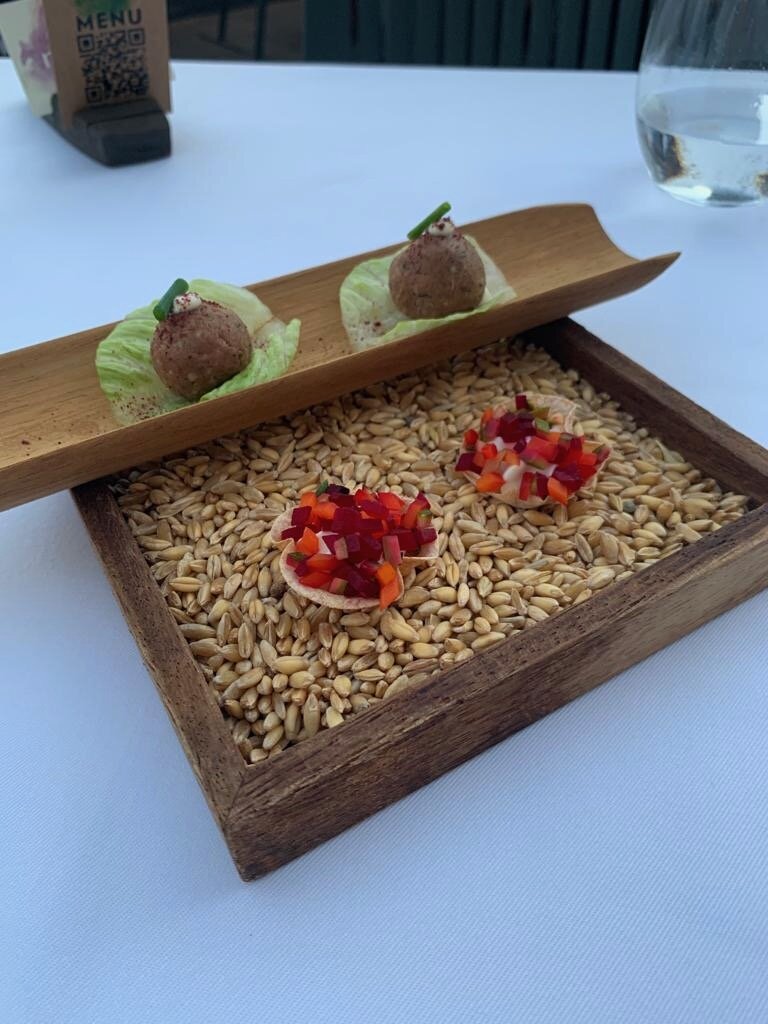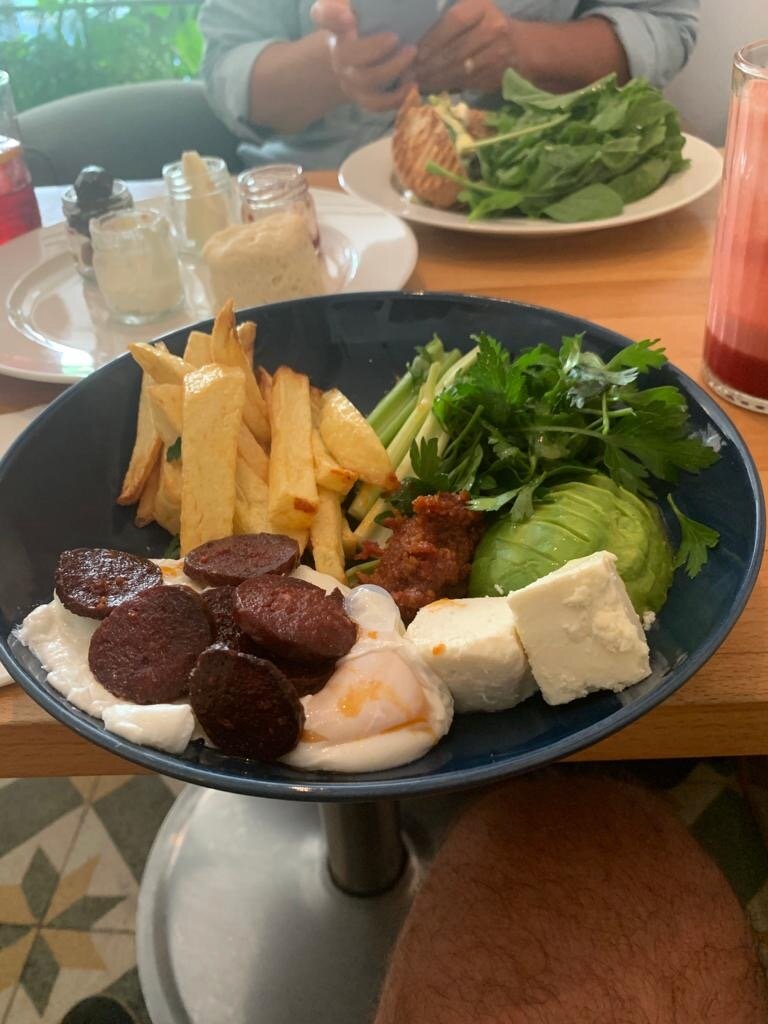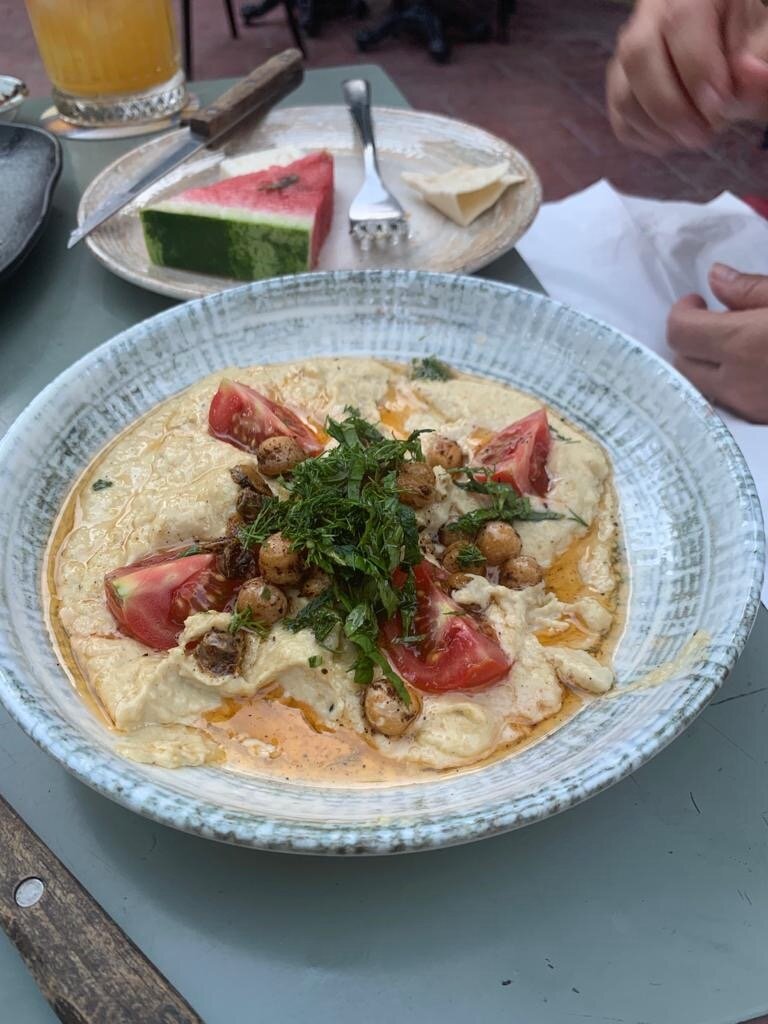“Oh my god, they’re everywhere!” The seagulls I mean. There we were perched on a rooftop overlooking the Bosphorus Sea as our photographer was capturing our every move — and I couldn’t stop laughing.
Photo credit: Alpay Erdem
As an Oklahoma-girl raised in the heart of the Baptist belt with limited travel experience, I had no idea what to expect from the muslim country of Turkey. And I must admit, I was a little intimidated.
I mean, what’s it going to be like? Would women have their heads wrapped in Hijabs as they walk behind their husbands? Would I need to cover my head and shoulders as I strolled the ancient streets? Does city business stop when men drop to their knees to pray? Can we find alcoholic beverages? Does anyone speak English? I didn’t know what to expect.
I can happily say, my fears were unfounded. Istanbul is a modern European city with friendly, generous people.
Turkish Things
Turkey is known for many things: baths, shaves, tea and a peculiar form of coffee (think grainy thick Starbucks, but not that good). Add to that: breakfasts, towels, soaps, rugs, pottery, mosques, and a rich cultural history with important religious monuments.
We were on sensory-overload with smells of savory spices, grilled meats and handmade soaps. And visual-overload from flashy gold jewelry, tin-stamped lighting fixtures, hand-woven towels and ornate rugs — everywhere.
As we walked down the narrow streets of our urban neighborhood, Cihangir (think a hilly version of New York’s West Village), we found a bustling street scene filled with hipsters enjoying espresso drinks, signature cocktails and crafted beers. And most people spoke at least a little English.
Such a pleasant and other-worldly surprise!
The not-so-pleasant. Cigarette smoking is everywhere; especially at restaurants. Turkish drivers are aggressive (pedestrians do not have the right-of-way). Their tyrannical president. And a slight feeling that saying the wrong thing might get you in trouble.
Those aside, here’s what really stood out — the Turkish people. They are hospitable, thoughtful, intelligent, and they love Americans. They like talking politics (though when they do, they tend to whisper), and sharing information about the country they love. Scott and I gained a wealth of knowledge from current-day Turkey vs. pre-Erdoğan days, to where to go for the best beach experience.
Now we’re talking!
Politics
As everyone knows, Turkey has Erdoğan. Conservative. Nationalistic. And powerful. In his 18 years in office, he has done his best to push the country right, inhibit public protests, control social media, and push the culture towards a Muslim-focused society.
Erdoğan has been making world headlines lately by closing the ancient Hagia Sofia Museum and converting it back into a mosque.
Currently in the middle of this renovation, they opened the building for only one day of prayer during our visit. Unfortunately, with the large number of Muslims waiting to pray, soldiers and news trucks outside, we didn’t get inside to see the world-renown artifacts and tiles. Then this week we heard he’s doing the same type of conversion to the lovely Chora Museum.
Unlike US politics, Erdoğan is likely to be in office for the foreseeable future.
The Call to Prayer
Five times a day, from pre-dawn to after dusk, the call to prayer echoes throughout every town. These chants are broadcast from loud speakers located in the mosques’ minarets.
We made the mistake of booking a hotel room directly across from a mosque. Abruptly awakened from sleep, I shot this video at 5:15 am.
During the Call to Prayer, we surprisingly saw very few/no people preparing to pray — a cleansing ritual at one of the many local fountains that includes washing your head, arms, feet and sinuses.
It was interesting to hear that most Turks we met identify as ‘non-practicing’ muslims. Of course I’m sure this is different in other more conservative areas of the country.
Istanbul Cats
Cats are everywhere! I mean, litter-ly everywhere. (Scott did a FB post on this).
You’ll see as many as 5 to 10 per city block. No joke. Local residents feed and care for them.
Most are sweet and lovable. They claim territories (and owners). And you can hear them fight when one of them crosses into foreign territory.
Most receive veterinary care. Who pays? There are many groups that fundraise to pay for medical care. Most cats (and dogs, although you see very few) have been spayed/neutered and vaccinated; indicated by a small notch in their ear or a plastic tag ‘earring’.
Tourist Things
The underground waterways of the Basilica Cisterns.
Istanbul is a maze of very narrow, super-steep streets; all oozing with old-world charm and thousands of years of stories to tell.
We hired a guide to show us around town and provide insight for our future adventures. We gained a wealth of knowledge about the history of the city, the Blue Mosque and the Hagia Sofia.
We also took a ferry ride up the Bosphorus to view this mostly concrete city from the water. And we descended below the city streets into the Basilica Cisterns.
One of my favorite experiences was an indulgent Turkish bath at the newly refurbished Kilic Ali Pasa Hamami. Quite pricey by Turk standards, ($65 with tips), but…while in Istanbul . I’ve never felt so clean after being scrubbed head to toe with a sandpaper glove.
More details…
Where we stayed
Doing my digital nomad thing.
Scott found a lovely second-story apartment (think NYC walk-up) in the hilly neighborhood of Cihangir, near Taksim Square. We walked everywhere, took stairs down to catch public transportation and ferried across the bay to the Asian side of town (FYI, Istanbul is divided by the Bosphorus Sea with land in Europe and Asia).
This large, beautiful apartment had tall ceilings and beautiful windows, opened to the street below ($40/night). Betal, our Airbnb host, was an amazing source of ‘where to go’ and ‘what to do.’ But often, we spent days we just hanging out in our new home.
Music
Aside from Turkish pop, the music we heard most in Istanbul’s bars, restaurants and beach clubs, was a techno-inspired rave music. Every now and then in the tourist parts of town we’d hear the traditional old-world sounds from an Oud.
Shear travel exhaustion.
About cocktails
‘We’ got a little nervous when we heard that Turks weren’t drinkers. I’m sure we would have survived (well, I would have), but….
On our first night in Istanbul, after 17 hours of travel from São Paulo — and me not sleeping a wink even after an Ambien — our Airbnb host suggested a tiny cocktail bar just blocks from our apartment, Geyik. Scott ordered a Manhattan, and for me, a Love 66 (a mix of Gin, Vermouth, Basil with a lemon twist). Yay! Truly a shoulder-dropping Ahhh moment.
Social distancing wasn’t possible inside this bar; so only take-out service was available (note the plastic cups). How cool is that? So, we found a spot next door on an available stoop and chilled; all the while watching a lively street scene. I believe this might have been the moment we fell in love with Istanbul.
Alcohol isn’t hard to find, just expensive (taxes). Cocktails could cost as much as dinner ($10-$12 each). The most common drink is Raki (pronounced Rocky) — tastes like licorice — known as the local moonshine. Not my fav.
Another one of Istanbul’s really lovely cocktail bars is Flekk. We loved their creative cocktail menu and signature-branded ice cubes.
Restaurants we loved
Susam - Just two blocks from our apartment, this was our go-to place when we were tired of exploring and just wanted something good to eat.
The warm hummus with toasted chickpeas drizzled with chili oil, warm pita bread, feta/watermelon salad, lentils and pickled onion salad, beef and lamb kebobs with yogurt dressing. Beyond delicious.
Journey - Delicious pancakes and breakfast bowls. Really creative menu.
Norm coffee! Ahh. The real deal. Seriously great espresso drinks (think Blue Bottle on steriods).
And of course you can’t avoid traditional Turkish breakfasts. They are huge and cheap ($6). They include: honey, soft cheeses, yogurt, hard boiled eggs, olives, breads with sliced deli meats and grilled sausages, cherries, dried apricots, and tahini.
Traditional lunches and appetizers (called mezes): olives, hummus, yogurt with garlic and cucumber, pita and potato breads, and dried fruits like apricots, figs.
For dinner - hit repeat on the mezes and add a grilled meat or whole fish.
People we met along the way
Mehmet - our driver and city guide who showed us the landmarks and historic spots.
Mohammed (and his wife Veronica) - Mohammed is a Syrian refugee and Scott hired him through an Airbnb Experience. As a Cordon Bleu-trained chef, we had to hear his story. He walked us through the street markets in the Syrian neighborhood. We dined at a local restaurant and sampled desserts from one of the street vendors.
After that initial meeting, we met he and his wife Veronica at a hidden lunch spot for a Turkish fare and then walked to a backpackers bar for a quick beer. Or so we thought. Mohammed had other plans. He shoots traveler’s interviews. And with 13,000 followers on YouTube, we were his next victims. We’ll post the video when he publishes it.
Burak - another Airbnb Experience-guy. He took us on a bike tour/ferry ride to the Princess Islands (an hour off the coast) for a day of riding, beaching and lunching.
Alpay - our award-winning photographer who shot the seagull rooftop image above also graciously befriended us and took us on a couple of walking tours on the Asian-side of Istanbul. We loved hearing his dreams and accomplishments and exploring this lovely neighborhood.
A note about the photoshoot…We really didn’t know what to expect. Scott booked a ‘Shoot Our Journey’ experience on Airbnb because he loved the art direction and setting. For only $100, we were perched on a rooftop overlooking the Bosphorus Sea and Blue Mosque for 15 minutes of shear laughter and fear (of getting pooped on…Scott got hit).
Alpay and his team were shooting away. One man throwing raw chicken skins at our feet and a second man shooting a marketing video for Alpay. It was crazy fun. We received over 500 images to choose from — suitable for framing whenever we get a home.
News from back home…
Political BS. World pandemic blah blah. Ugh. We try not to watch anymore.
Weather - Hot (80s/90s) with a sometimes cool ocean breeze.
Our Turkey Challenges
The Portuguese language was difficult, but Turkish is impossible. And with a different alphabet…I know only three words! Hello, goodbye and thank you.
And don’t even think about solving any computer or iPhone issues here. The Apple store only services Turkish models (they can’t even order products with a US alphabet keyboard).
But the biggest challenge by far has been the 8-hour time difference with Summer and Heather in Chicago and my family and friends in Tulsa, and the 10-hour time difference with LA, to friends and business contacts. Truly maddening, and makes us feel very far away.
How long was our stay - 20 days.
This was our 23rd stop in 35 weeks on the road. Averaging 1.5 weeks per location (even with the three month shut-down in São Paulo). It’s starting to wear on me.
So….not so slow travel.
A note about Covid travel
As you can guess, there aren’t many/any US travelers in Turkey right now. It seems as we are truly the first. So, people here are happy to know we’re here and are intrigued by our story. Turks love Americans. But what they really want to know is if more US travelers are likely to follow.
The reality is that there are, in general, fewer tourists visiting the typical tourist destinations. Photos ops are ideal and ticket lines are short. But we found many restaurants and hotels basically empty. And merchants are hungry. It’s sad, but the reality is that many can’t afford to turn the lights on until someone walks in the door.
What’s next…
Cappadocia to explore the caves, underground cities and conical rock formations, and then a little road trip along the Aegean coast.

























